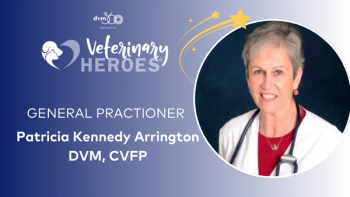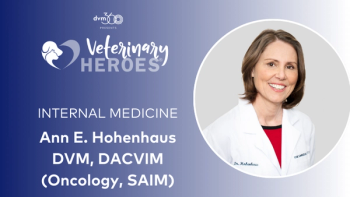
Rewards foster learning
People rewarded for correct choices learn rapidly.
Praise for a job well done or a small gift of thanks for hard work around the veterinary clinic constitute much more than workplace pleasantries. Positive reinforcement in the form of rewards is not only good for morale but it also enhances the cognitive process of learning. Decisions made with positive outcomes embed themselves in the brain through a system of neural feedback and with each repetition performance is enhanced.
A study in the journal PLoS Biology shows the potential for optimization of this learning process. An experiment by Dr. Burkhard Pleger of the Max Planck Institute for Human Cognitive and Brain Sciences and the University College London focused on the significance of the neural transmitter dopamine with respect to somatosensory functions, i.e. the sense of touch. He divided subjects into three groups, one receiving a dopamine increasing compound, one receiving a dopamine inhibitor, and a control group receiving a placebo. The results clearly showed a connection between the raised dopamine levels and somatosensory learning, and by extension, the entire process of learning.
In the future, targeted application of pharmaceutical dopamine enhancers might have a role in physical rehabilitation for stroke patients.
Dr. Burkhard says it's conceivable that similarly focused medicinal dopamine enhancers could aid learning. However, he notes that there are risks associated with increased dopamine levels, including development of mental illness. In the meantime, we'll just have to continue to encourage one another with the knowledge that a system of rewards really works.
Newsletter
From exam room tips to practice management insights, get trusted veterinary news delivered straight to your inbox—subscribe to dvm360.




